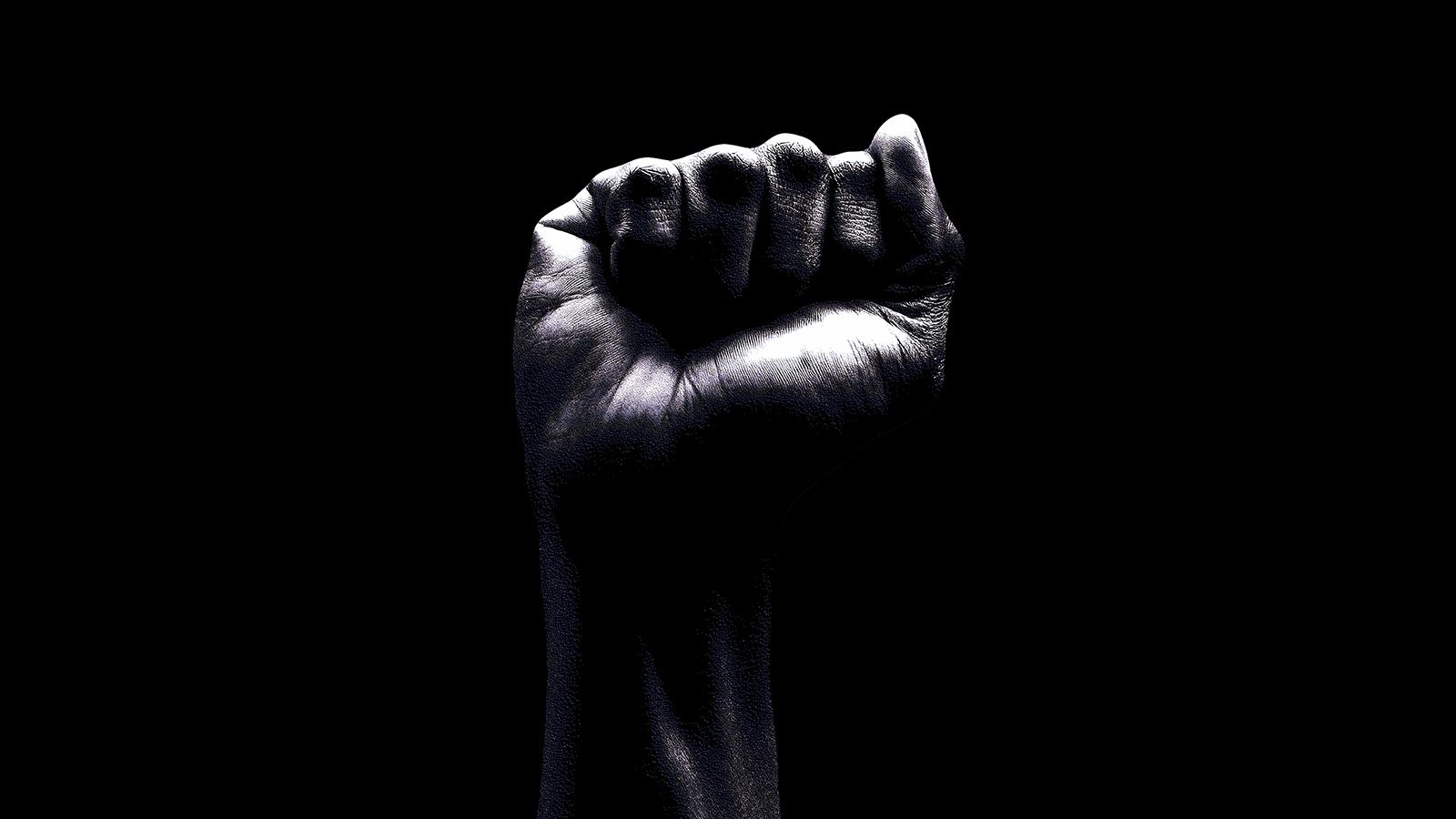The following abstract is from an article by a Hunter Mellon Mays Undergraduate Fellowship scholar that was published in the prestigious Mellon Mays Undergraduate Fellowship Journal. A link to the full article is provided below.
Author: Giovanni Martin Green, Hunter College
Title: The Black Panther Party and the Criminalization of Social Justice
Publication: The Mellon Mays Undergraduate Fellowship Journal 2019
Abstract: The Black Panther Party represents the necessity of social welfare programs to be directed and implemented by communities who have their wellbeing at stake. Organizing around the premise of self defense, the primary focus of the Black Panther Party was to establish a Free Breakfast Program and health clinics in the communities where their chapters operated within. These campaigns of conscious occurred as a preemptive measure to construct a nutritional foundation, which correlates with the cognitive development of the children who were being raised in environments which lacked access to adequate food. If a child is unable to eat, they will be unable to learn, and therefore unable to develop the ability to control their destiny and achieve self-determination. This premise was the linchpin of the moral compass which guided the Black Panther Party’s social justice work regarding public health. In defiance to the strengthening of African American communities, the government galvanized a campaign of propaganda to dis- credit, demonize, and criminalize the work of the Black Panther Party. However, despite the dismantling of the Black Panther Party, power to the people was and always will be by the people, and the legacy of the Black Panther Party should not be one of villainy, but one of valor, in which inspiration can be sourced from to empower communities to work towards and achieve social justice.


